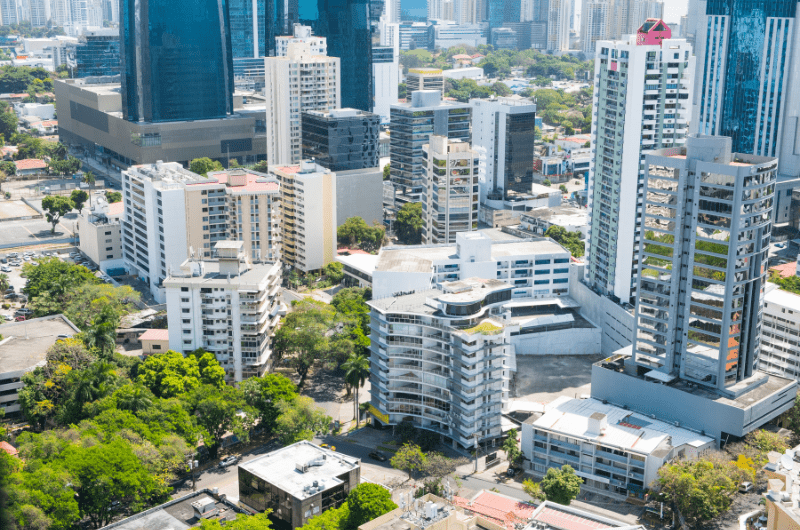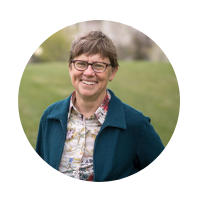Cities
How do cities work?
Can we improve the way cities work? Are we equitably sharing the benefits and the burdens of living in a city?

Good cities are vibrant and diverse. They provide the basic infrastructure we need to comfortably live. We will explore how city services are provided and identify who is included or excluded. Students will examine how the city infrastructure serves a neighborhood’s residents, with an eye toward how community is formed. Students will learn about the planning process for services and the tensions that can exist around issues such as access to healthcare, food, and affordable housing.
You can expect to:
- Conduct research on how city life is supported through its basic infrastructure.
- Learn to discern how access to basic services such as food, health and education enhances or stigmatizes neighborhoods.
- Connect with policy makers, advocates, and community members.
- Work in teams to develop evidence for and document how inequities arise in the planning and operation of the city.
Community Course
ENCE204 - How Do Cities Work? You will study a new facet of the city, drawing on the writings of experts and your own journey through the city to better understand its infrastructure, asking: how does it work, how does one element of the city connect to another, and whom does it primarily serve? (3 credit course, fulfills General Education requirements of I-Series and Humanities)
View a sample syllabus for ENCE204.
Carillon Faculty
 Deb Niemeier is the Clark Distinguished Chair in Energy and Sustainability at the University of Maryland, College Park and serves as a professor in the Dept. of Civil and Environmental Engineering.
Deb Niemeier is the Clark Distinguished Chair in Energy and Sustainability at the University of Maryland, College Park and serves as a professor in the Dept. of Civil and Environmental Engineering.
Her research is aimed at understanding environmental health disparities and the effects on vulnerable populations. Her current research includes collaborations with sociologists, planners, geographers, veterinary medicine and education faculty to study such topics as formal and informal governance processes in urban landscapes and how to characterize risk associated with outcomes in the intersection of finance, housing and infrastructure and environmental hazards. Her international development work is aimed at agricultural sustainability and her current education research is focused on data science in engineering and the operational challenges of K-12 infrastructure.
She is a Fellow of the American Association for the Advancement of Science (AAAS) for “distinguished contributions to energy and environmental science study and policy development;” a Guggenheim Fellow for foundational work on pro bono service in engineering and a member of the National Academy of Engineering.

